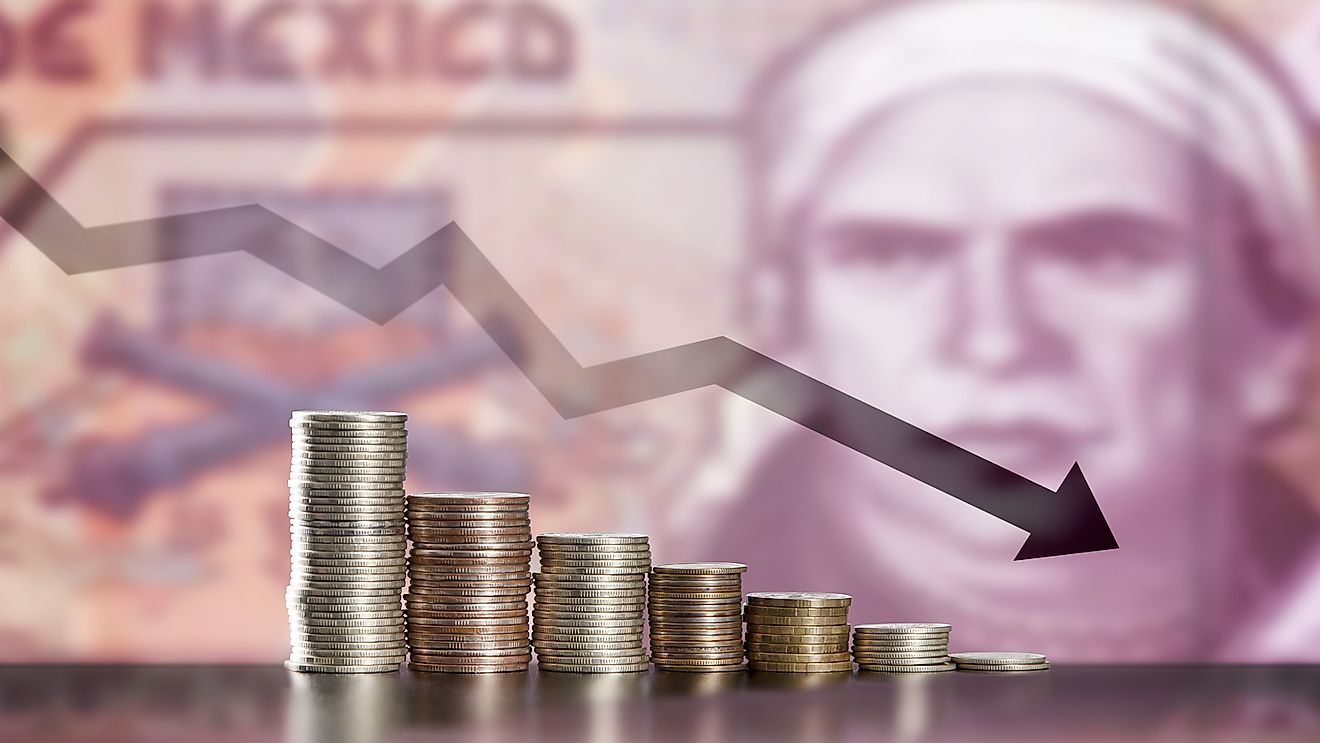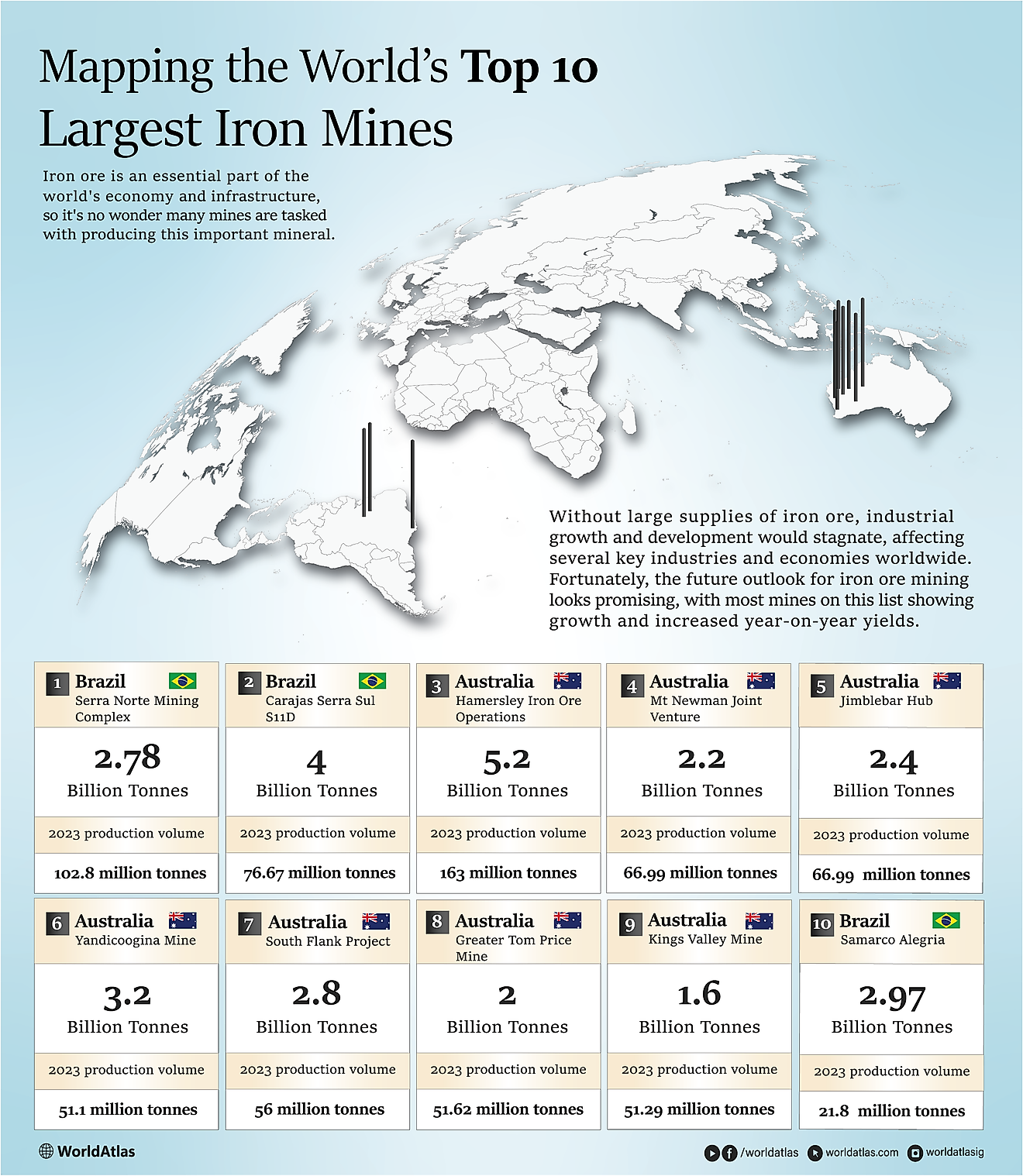The 'Tequila Effect'

The Tequila Effect, also known as the “December Mistake” is a colloquial name used to refer to the 1994 economic crisis in Mexico which was occasioned by the devaluation of the Mexican peso by the Mexican central bank. The name “December Mistake” was introduced by the then outgoing president, Carlos Gortari, whose administration was responsible for the Mexican Peso Crisis. The Tequila Effect is mainly used to describe the ripple effects of the peso crisis that triggered the economic crisis in Brazil, Argentina, and other Latin American countries. The alternative name for the Tequila Effect is the Tequila Shock.
Understanding the Cause of the Tequila Effect- Mexican Peso Crisis
The economic crisis that led to the Tequila Effect resulted from the unrecorded spending spree by President Gortari’s administration. The notorious spending and corruption by the government officials were part of a tradition set by most administration in their final year of administration. On December 20, 1994, just 20 days after the new administration was inaugurated, the Mexican central bank announced the devaluation of the peso by 13-15%. The announcement sent investors into panic and made them skeptical of the government and policymakers since they had been promised that peso would not be devalued. As a result, the investors placed a higher premium on local assets. The increase in premium further put pressure on the Mexican peso. Other investors began withdrawing capital from Mexican investments. In an attempt to discourage excessive capital flight, the banks increased interest rates by around 32%, leading to an increase in the cost of borrowing. To try and correct the mistake, the government allowed the peso to float freely on December 22. However, rather than the currency stabilizing, it took a sharp hit, depreciating to almost half its value.
The Tequila Effect
Immediately after the devaluation of the Mexican peso, currencies of some South American countries also suffered rapid depreciation. Capital flight was not only experienced in Mexico but also countries such as Brazil and Argentina. The Brazilian real was devalued enormously over a short time. In Argentina, the Tequila Effect led to a credit crunch and a decline in domestic spending. The Tequila Effect is considered a complex crisis as several small things led to a considerable economic collapse. However, the impending election in Mexico played a major part in the crisis. The move by the government to purchase large amounts of treasury bills only led to a considerable reduction in dollar asset reserve. The level of devaluation of the peso which led to the Tequila Effect could have been catastrophic had the US not intervened with the massive loan.
The Intervention
In response to the crisis, President Bill Clinton sought the help of Congress to bail out Mexico and stop the crisis. In April 1995, President Clinton enacted the Mexican Debt Discloser Act, allowing the US to offer a $50 billion bailout package to Mexico. The package was to be administered by the IMF supported by Bank of International Settlements and the G7. In return, the Mexican government was to implement certain monetary and fiscal policies as well as maintain its commitment to the NAFTA policies.











